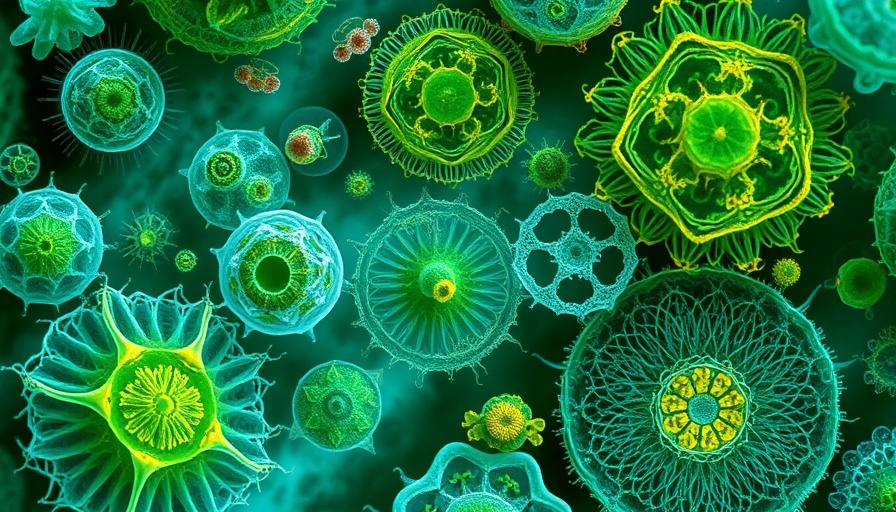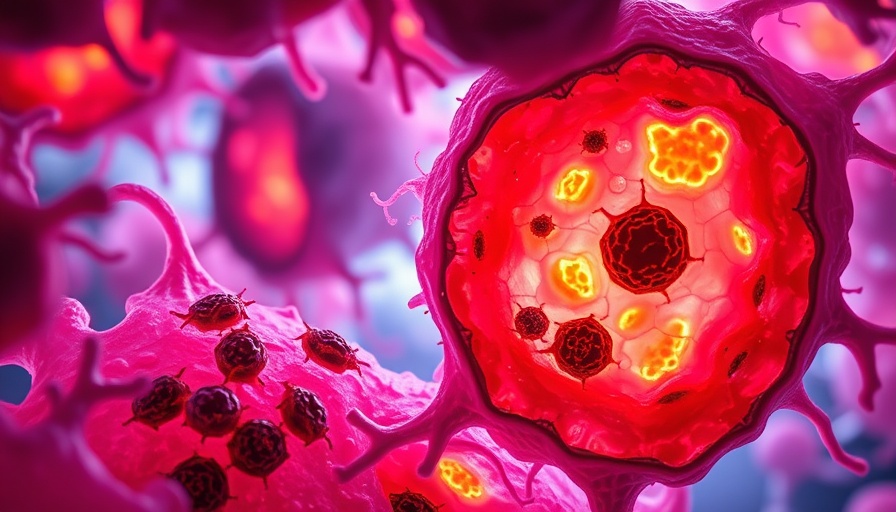
The Vascular Endothelium: An Unsung Hero in Pulmonary Health
The vascular endothelium, often overlooked in discussions about health and longevity, plays a pivotal role in maintaining the integrity of our vascular system. As the largest organ in the human body, it is subjected to mechanical stress beyond what many realize. With blood flowing through our vessels at approximately 10,000 liters per day, maintaining endothelial health becomes vital for sustaining overall bodily functions.
Understanding Endothelial Dysfunction
In a healthy state, the endothelium remains quiescent, ready to respond to physiological demands. Researchers have noted that even under seemingly stable conditions, it is involved in numerous regulatory functions: from controlling blood pressure to managing inflammatory responses. When endothelial cells fail to execute these duties effectively—often termed endothelial dysfunction—serious health threats arise, including conditions like acute lung injury and acute respiratory distress syndrome (ARDS).
In the context of lung injuries, the endothelium’s dysfunction can be catastrophic. It leads to increased vascular permeability and pulmonary edema, which are hallmarks of ARDS. Understanding how endothelial activation can lead to either protective or detrimental outcomes ultimately underscores its role as a decision-maker in lung health.
The Role of Inflammation and Coagulation
Endothelial cells are crucial in mediating the body's response to injury. They serve as the frontline in regulating inflammation; when activated, they can either promote healing by allowing immune cells to migrate to sites of injury or exacerbate damage through excessive inflammatory responses. This duality calls for delicate regulatory mechanisms that if mismanaged can contribute to ARDS and other serious conditions.
Insights from Recent Research
Recent studies emphasize the importance of targeting the pulmonary endothelium in therapeutic interventions. For instance, regenerative medicine strategies that enhance endothelial function show promise in enabling better outcomes for patients facing acute lung injuries. Approaches such as stem cell therapy and interventions designed to enhance mitochondrial function and autophagy could restore endothelial integrity, paving the way towards rejuvenated cellular health and longevity.
How Cellular Health Impacts Endothelial Function
Among the plethora of factors influencing endothelial health are cellular rejuvenation mechanisms. By focusing on maintaining cellular health through lifestyle choices and possibly NAD+ boosters or anti-aging cells, individuals may bolster their endothelium's functionality. Such advancements in regenerative medicine not only target existing dysfunctions but also prevent future complications, contributing to a proactive approach to health.
Conclusion: Empowering Your Health Through Knowledge
Awareness of the vascular endothelium’s critical role in lung health and overall wellbeing is vital, especially as we age. Prioritizing cellular health through lifestyle adjustments and scientific advancements could lead to enhanced longevity and vitality. Take the first step today by learning more about how stem cell therapies and cellular health strategies can support your journey toward a healthier life.
 Add Row
Add Row  Add
Add 




Write A Comment